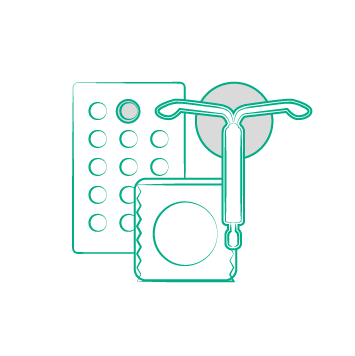
Currently, in low income countries, 885 million women of reproductive age want to avoid a pregnancy. Twenty-three million girls aged 15 to 19 years in developing regions have an unmet need for modern contraception and every year an estimated 21 million girls aged 15 to 19 years and 2 million girls aged under 15 years become pregnant.
Women in high-income countries need greater access to postpartum family planning. Dr Anita Makins, Project Director for FIGO’s Postpartum IUD project, explains:
As an OBGYN working on family planning counselling and provision across a range of resource settings, I firmly believe that postpartum contraception needs to be a greater priority in high-income countries.
- Read more about Family Planning in high-income settings
- Log in to post comments
- Read more about WHO pledges to improve access to contraception
- Log in to post comments
- Read more about Uganda acquires new vasectomy equipment
- Log in to post comments
In November 2013 at the International Conference on Family Planning in Addis Ababa, Ethiopia, the Population Council convened the third meeting of international experts to discuss ways to expand contraceptive choice and accelerate progress toward the Millennium Development Goal of universal access to reproductive health services by increasing access to highly effective, long-acting, reversible contraceptives (LARCs).
A new study has revealed that progesterone could be key to preventing recurrent miscarriage.
According to researchers at the Yale School of Medicine and University of Illinois at Chicago, US, progesterone could give hope to women who suffer multiple miscarriages in the first four to five weeks of pregnancy.
The researchers revealed that intrauterine foetal demise (IUFD) currently affects approximately 30,000 women each year in the US, while 25 per cent of all women who become pregnant suffer a loss in the first trimester.
This is according to a new study conducted by the University of Utah Health, US.
Dr David Turok, associate professor in the Department of Obstetrics and Gynecology, and his colleagues developed the HER Salt Lake Contraceptive Initiative (HER Salt Lake) to evaluate women's contraception choices if cost is not a factor.
According to the researchers, in addition to removing cost barriers, HER Salt Lake also made all forms of contraceptive available, and allowed participants to change methods at any time in the study without any cost.